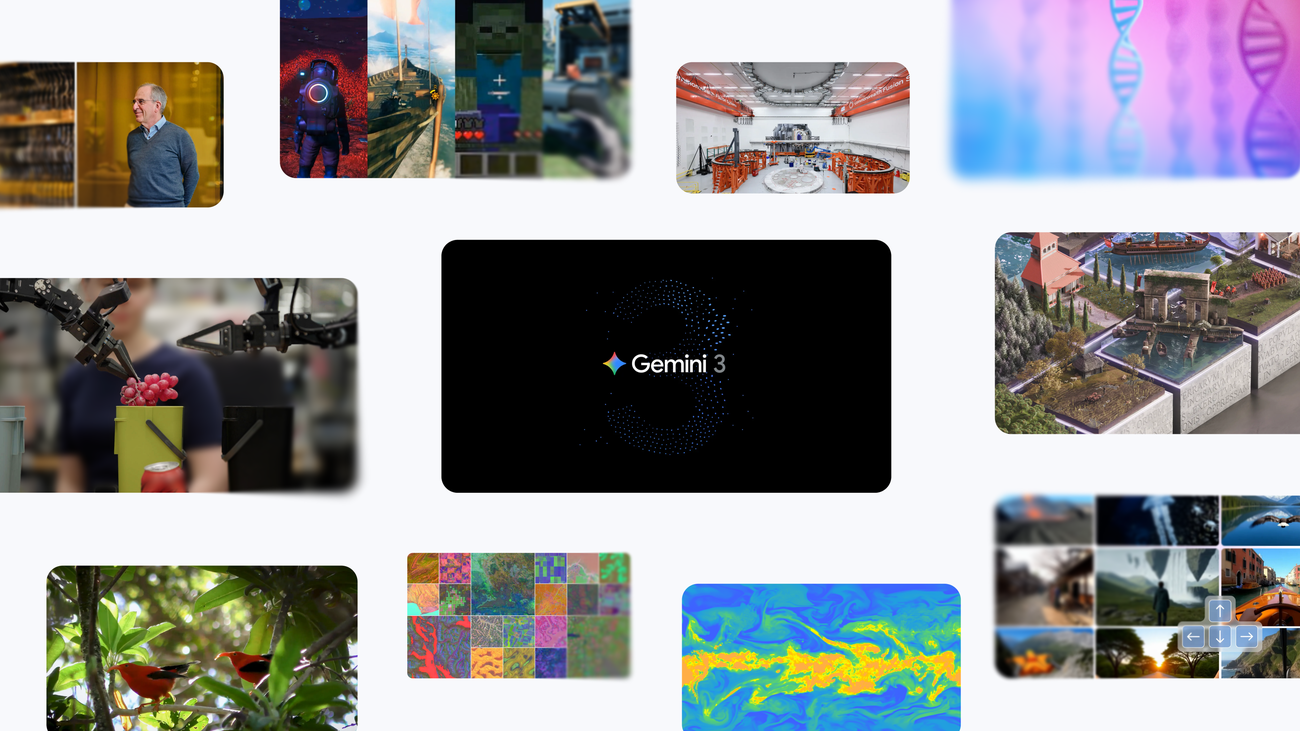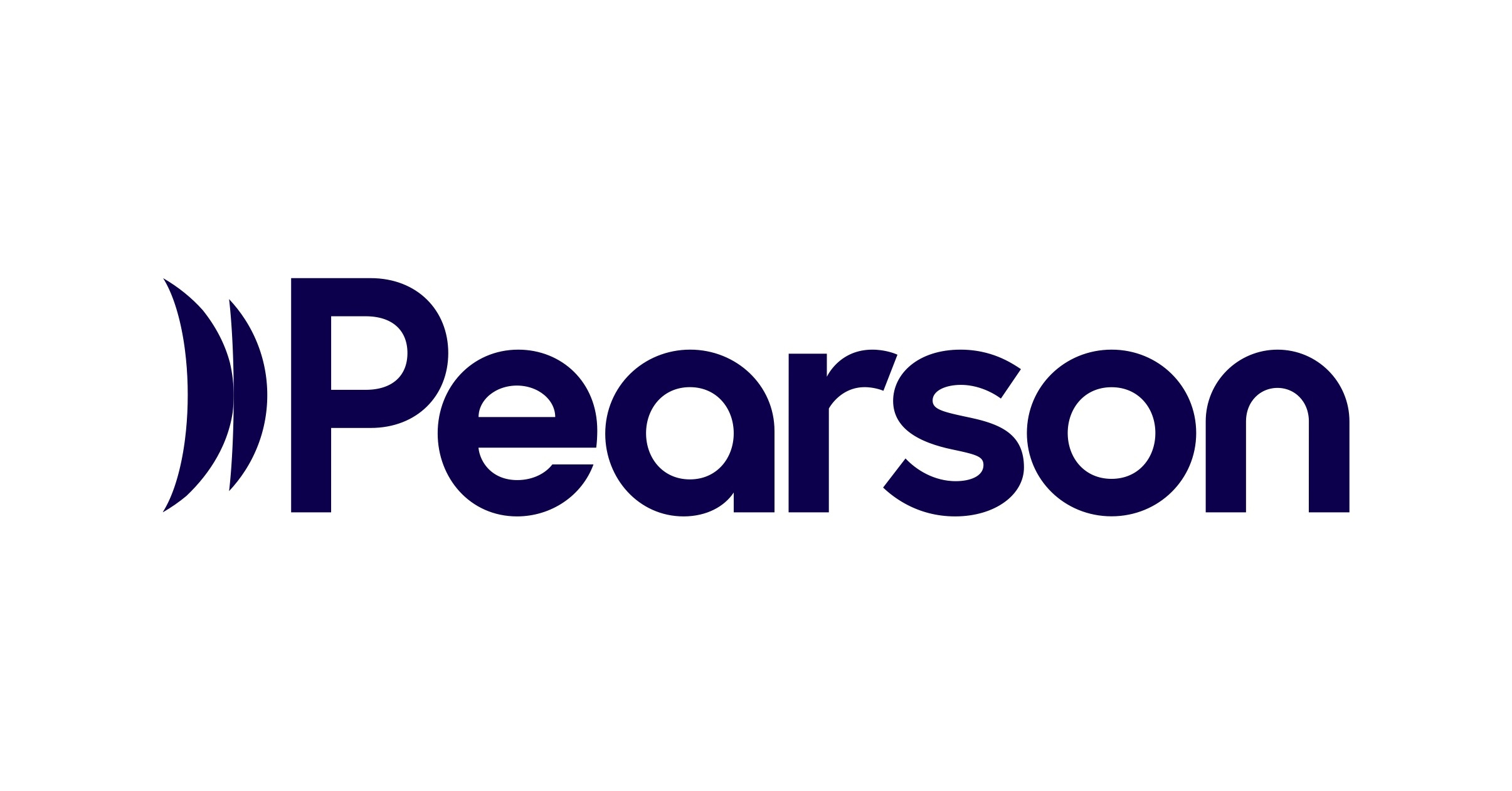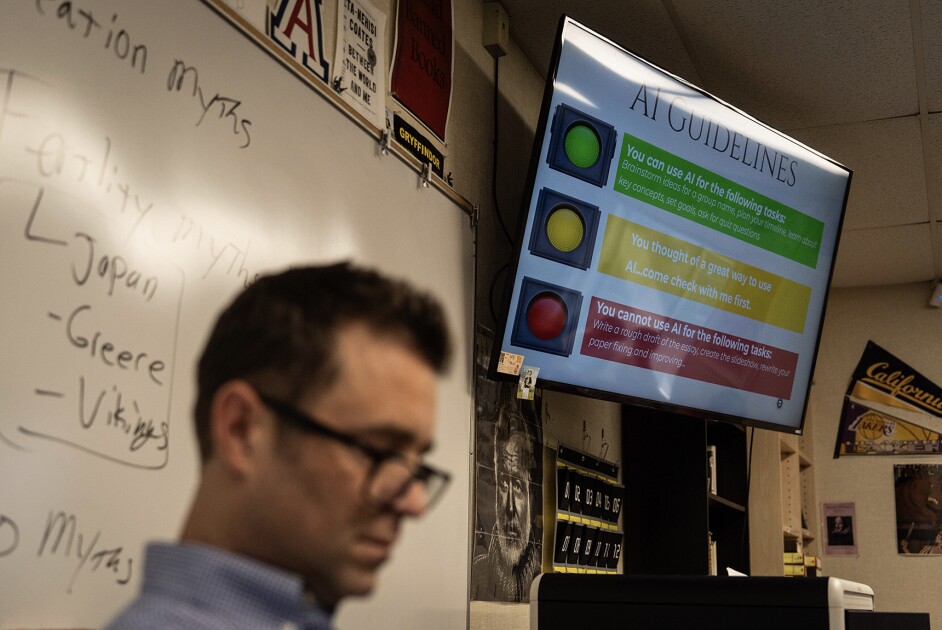
Future of EdTech: Key Trends & Expert Insights
Educational technology (EdTech) is revolutionizing education by making learning more accessible, engaging, and effective through tools like AI-powered tutoring and virtual reality. Despite challenges such as ensuring equitable access and safeguarding data, EdTech continues to innovate, offering flexible and personalized learning experiences that prepare individuals for a changing world.










